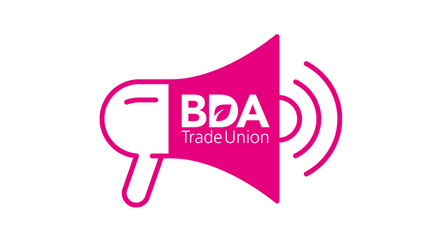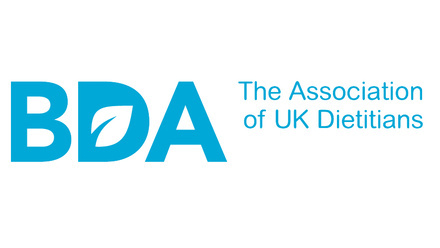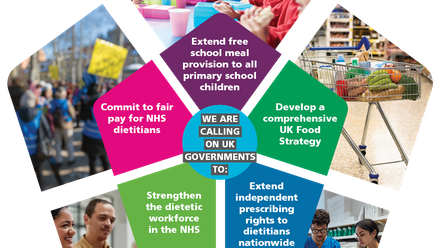Proper investment in NHS staff is essential for both the UK’s economic success and if there's to be any hope of filling record staff vacancies, health unions say.
A new report, compiled on behalf of the 14 unions representing more than a million health workers in England, makes clear that rebuilding the NHS workforce will be impossible without the fair, sustained wage rises central to recruiting and hanging on to staff.
The unions also call for action from the government in the 2024/25 pay round to tackle the pay and staffing issues that are crucial to cutting the treatment backlog and giving patients the quality care they deserve.
The report Supporting UK's Economic Growth: The Case for NHS Pay is being published today, coinciding with the day on which the NHS pay review body's initial call for evidence closes. NHS staff are due a pay rise from 1 April, but the review body is already months behind schedule because the government began the process so late, say the unions.
A decent wage increase in this round, backed by a clear strategy on NHS pay recovery, are essential to filling gaping staff shortages, expanding the health workforce and improving economic prosperity the report says.
Then a greater number of patients could be seen and more work done to prevent health deterioration, allowing the thousands currently off sick and awaiting treatment to return to the labour market and stay fit for work.
The unions – representing ambulance staff, nurses, porters, radiographers, clinical support workers, dietitians, podiatrists, physiotherapists and other NHS employees in England – want the government to tackle the declining value of NHS pay, and ensure health workers are fairly paid for the roles they perform.
They say a funding and pay strategy must be put in place to underpin the much-needed workforce plan. Otherwise understaffing will continue, more health workers will leave, patient care suffer and waiting lists soar.
Chair of the NHS group of unions and UNISON acting head of health Helga Pile said: “There’s a clear link between rising waiting lists and the staffing emergency being felt in every part of the NHS in England.
“Investing in pay and improving working conditions are the ways to keep experienced employees in their jobs and attract new recruits. In turn that means patients are more likely to get the care they need and get it more quickly.
“But it also makes economic sense too. When health workers have more money in their pockets, they tend to spend it on their local high streets, supporting local businesses. And if the NHS had more staff, it would be able to treat a larger number of people. Falling sickness rates would enable the wider workforce to grow and economic benefits to flow across the country."
Annette Mansell-Green, Director of Trade Union and Public Affairs at the British Dietetic Association says: “This year’s pay award for NHS staff needs to be significant if we are to have any chance of tackling the on-going workforce crisis. To retain current workers and encourage new people in to a career in the NHS, we need decent and sustained pay rises.
"We also need the government to make this a priority, which we aren’t seeing by the fact they’ve left it so late to get started on the process. The dietetic workforce along with other vital NHS staff have suffered year on year pay cuts and need to see a significant move towards pay restoration.
“We will be working with other health unions to ensure the voices of our members are heard. The dietetic workforce plays a critical role within our health system and they deserve to be paid fairly for the brilliant work they do, in prevention and patient care.”






